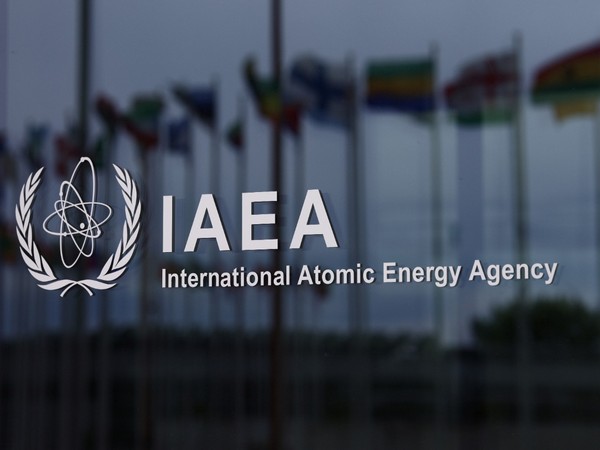African schools receive IAEA educational science kits to promote exploration
Schools in Egypt, Ghana, Kenya and South Africa have already received the kits as a resource for teaching science and nuclear-related subjects in secondary schools.

Twelve schools across Africa have received educational science kits from the IAEA as part of an initiative to promote scientific exploration and inspire students.
The initiative aims to cultivate interest in nuclear science and technology among students and to provide a pathway for fostering innovation across the African continent, by encouraging students to pursue nuclear-related careers. This will eventually ensure a pipeline of qualified professionals and enable African countries to fully leverage the benefits of nuclear science.
“We want to encourage a generation of young scientists and engineers who will actively contribute to Africa's scientific development by equipping them with practical tools and knowledge,” said Mickel Edwerd, Section Head, IAEA Department of Technical Cooperation’s Division for Africa.
Schools in Egypt, Ghana, Kenya and South Africa have already received the kits as a resource for teaching science and nuclear-related subjects in secondary schools. The aim is to spark children’s interest in nuclear science in the region by enabling them to conduct innovative physics experiments in the classroom.
The kits contain a range of basic radiation detectors and are designed to introduce students to the detection of different types of radiation. The goal is to give students hands on equipment and laboratory exercises to deepen their understanding of the physical processes of radiation detection and the technical aspects of dosimetry.
"Throughout my 11 years of teaching physics, I have always struggled to give my students any practical classroom experience in nuclear physics. But with this Nuviatech Instruments educational kit donated to us by the IAEA, I now have equipment that I can use to give my students practical experience in nuclear physics.," said Daniel Mireku OSEI, Physics Teacher at Presbyterian Boys Senior High School in Ghana.
The educational school kits initiative follows a workshop hosted for secondary school educators from Africa organized by the IAEA and the U.S. Department of Energy's Argonne National Laboratory, aimed at enhancing their understanding of nuclear science and technology. The training, which took place in November 2023, highlighted the role and impact of nuclear science and technology in different areas of development, including health, agriculture, the environment and more. It also covered teaching approaches, support materials, resources and activities necessary for teaching nuclear science in secondary school.
“The African teachers who participate in this training have an important role and accountability to facilitate the dissemination of these topics to students, which will motivate the young generation to join nuclear sciences and technology,” said Shaukat Abdulrazak, Director of the Division for Africa at the opening session of the training.
Teachers from 16 African countries attended the training at Prairie View A&M University (PVAMU) in Texas, USA, and activities included school visits, interactions with teachers, and a visit to the National Aeronautics and Space Administration (NASA) to learn about space science. The project is part of an initiative to promote nuclear science and technology education and support African countries in leveraging its benefits.
“I hope the teachers from the African secondary schools who attended this inaugural IAEA training event hosted by PVAMU came away with strengthened technical knowledge of nuclear science and technology,” said Sunaree Hamilton, group leader for IAEA Programs in Argonne’s Strategic Security Sciences division. She added that they can apply this knowledge in the classroom to educate and inspire students throughout the African region.
The IAEA supports professional training in nuclear science and technology education through various technical cooperation projects that address resource limitations and workforce challenges particularly in the field of nuclear science and technology.
- READ MORE ON:
- IAEA
- Mickel Edwerd
- Shaukat Abdulrazak










